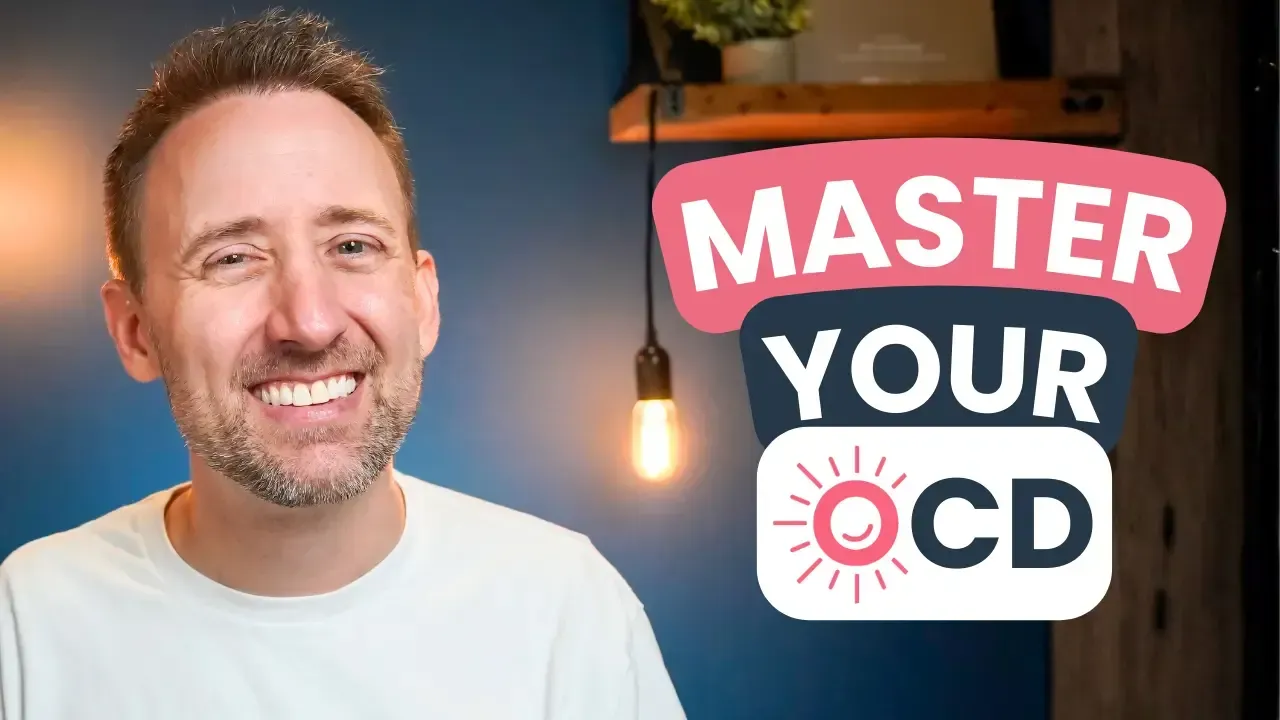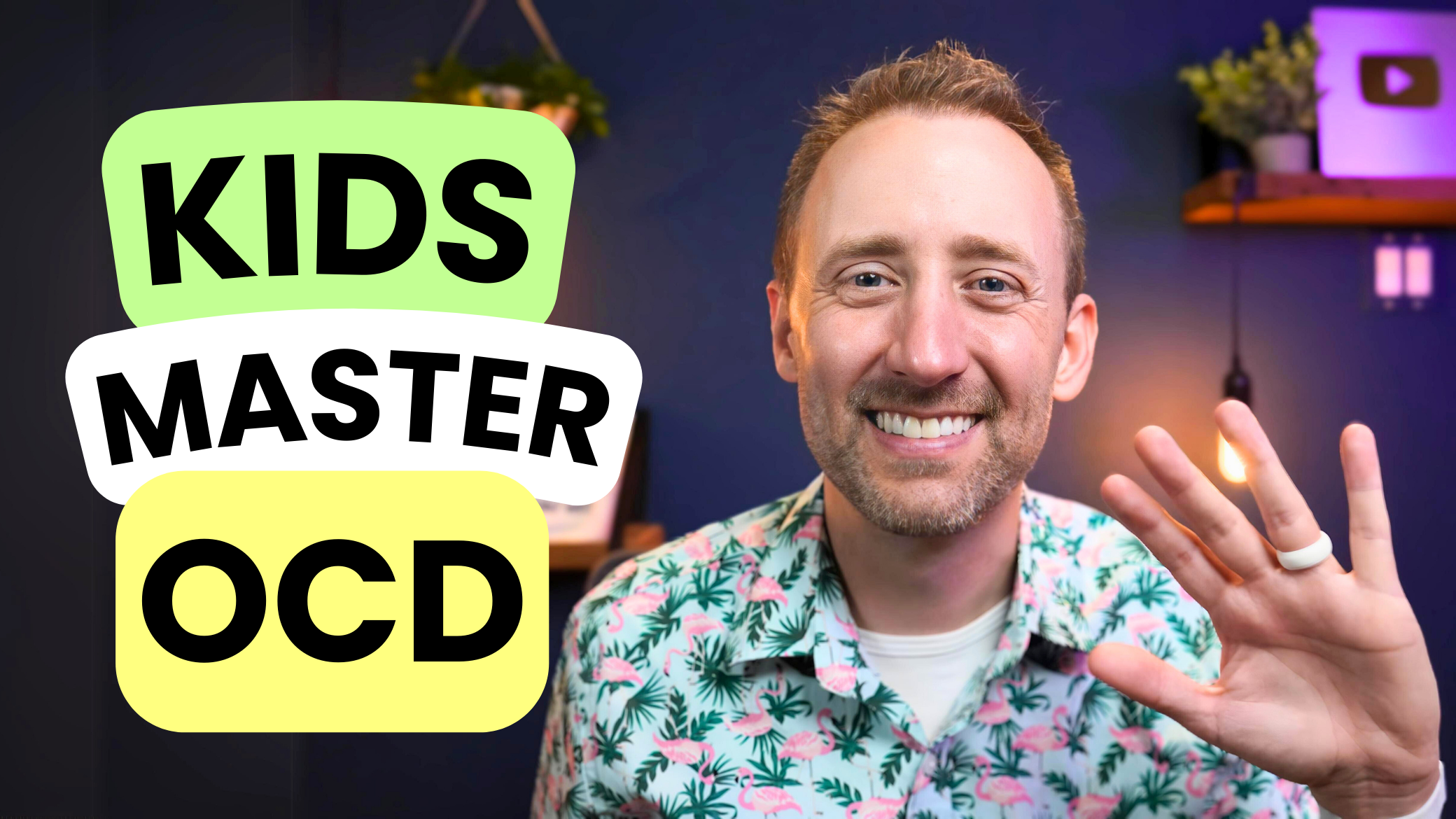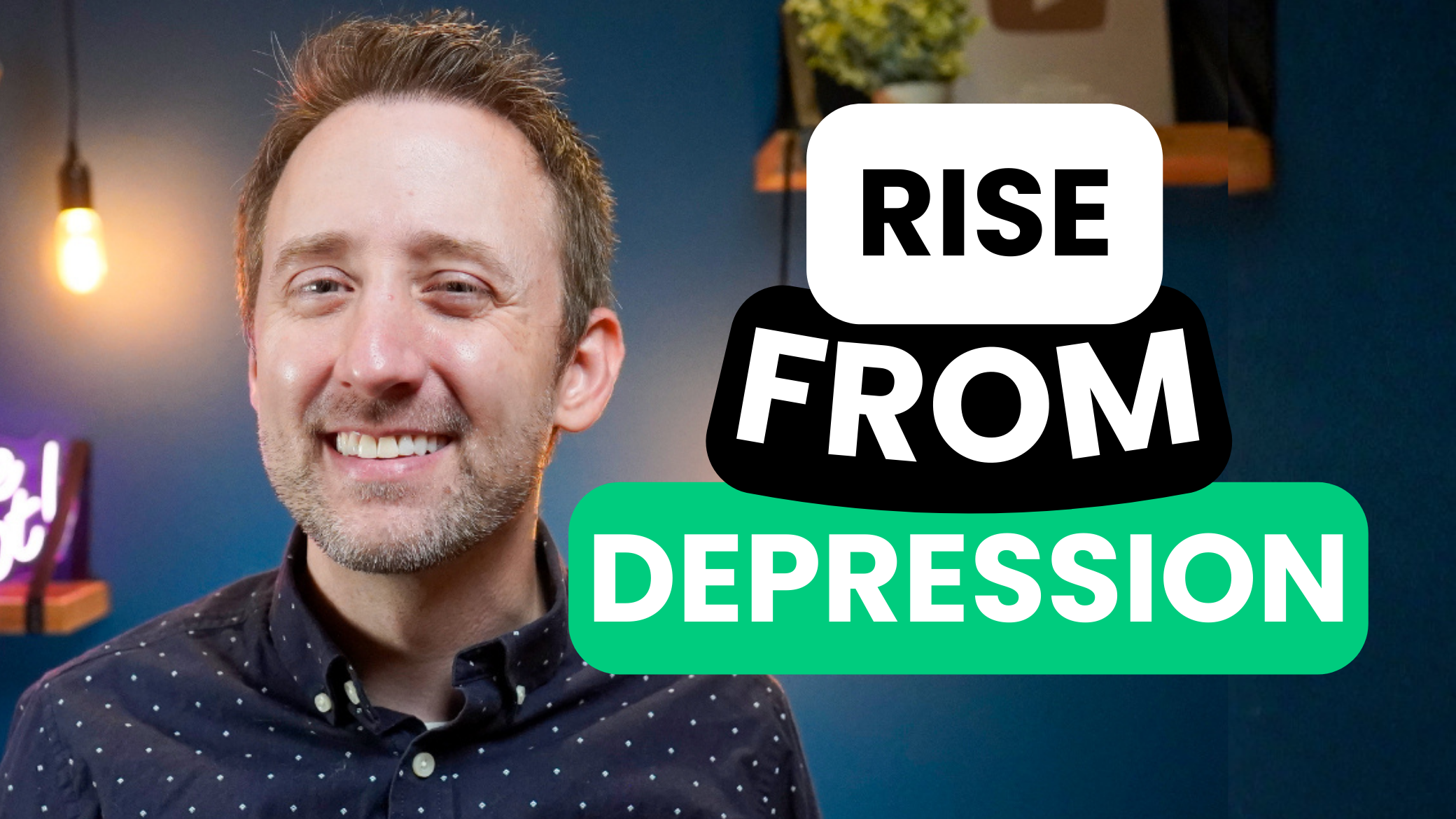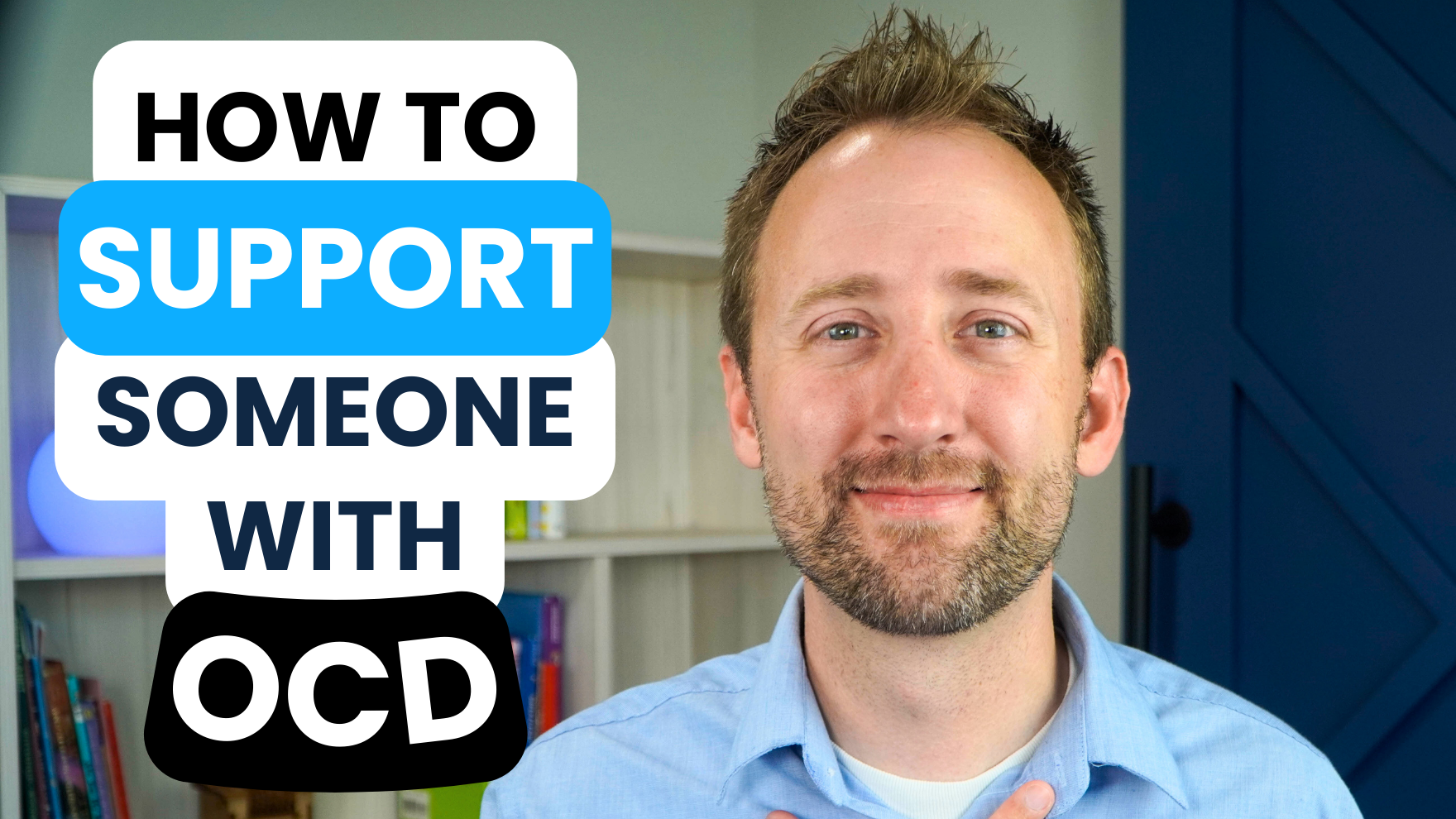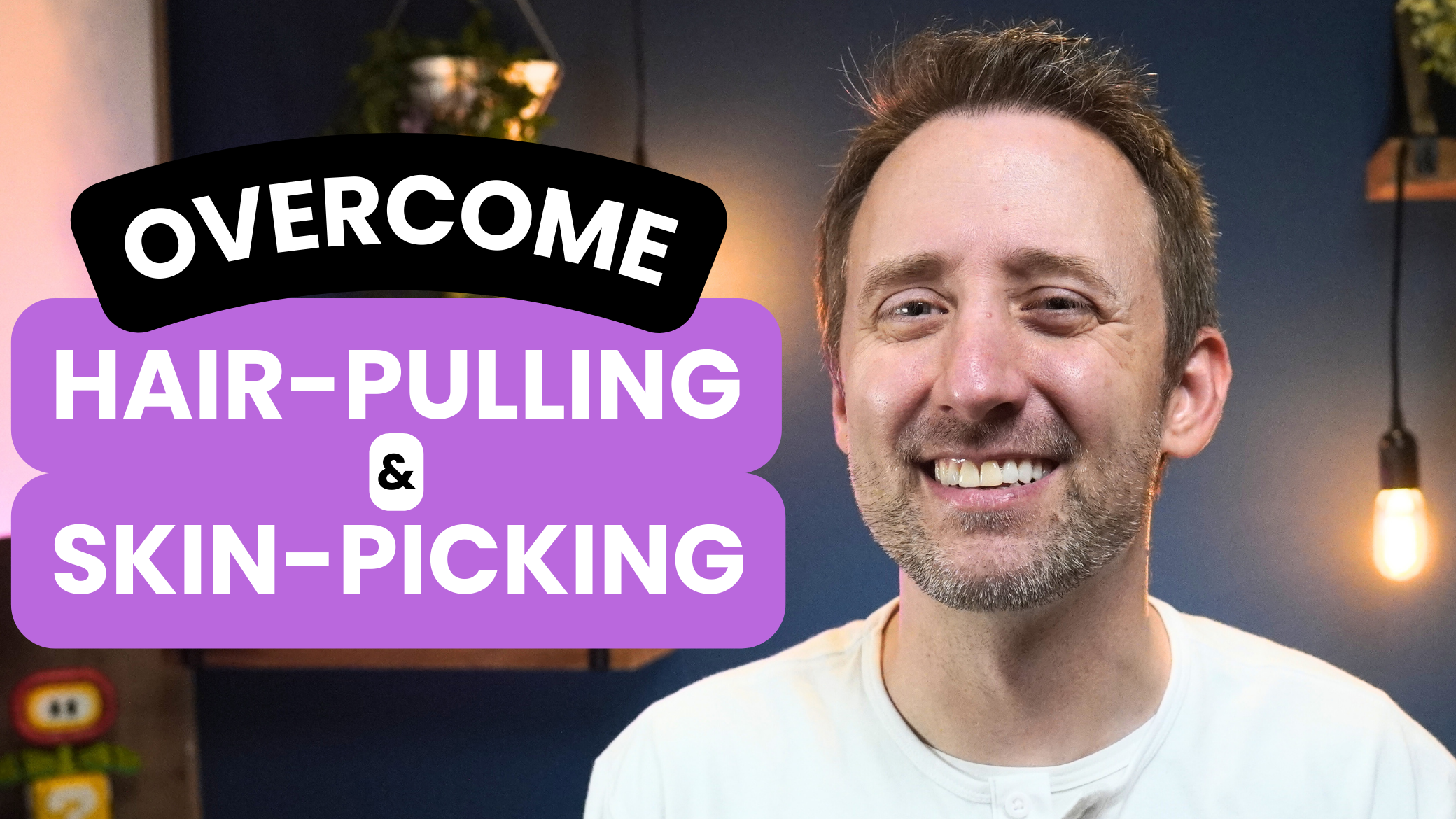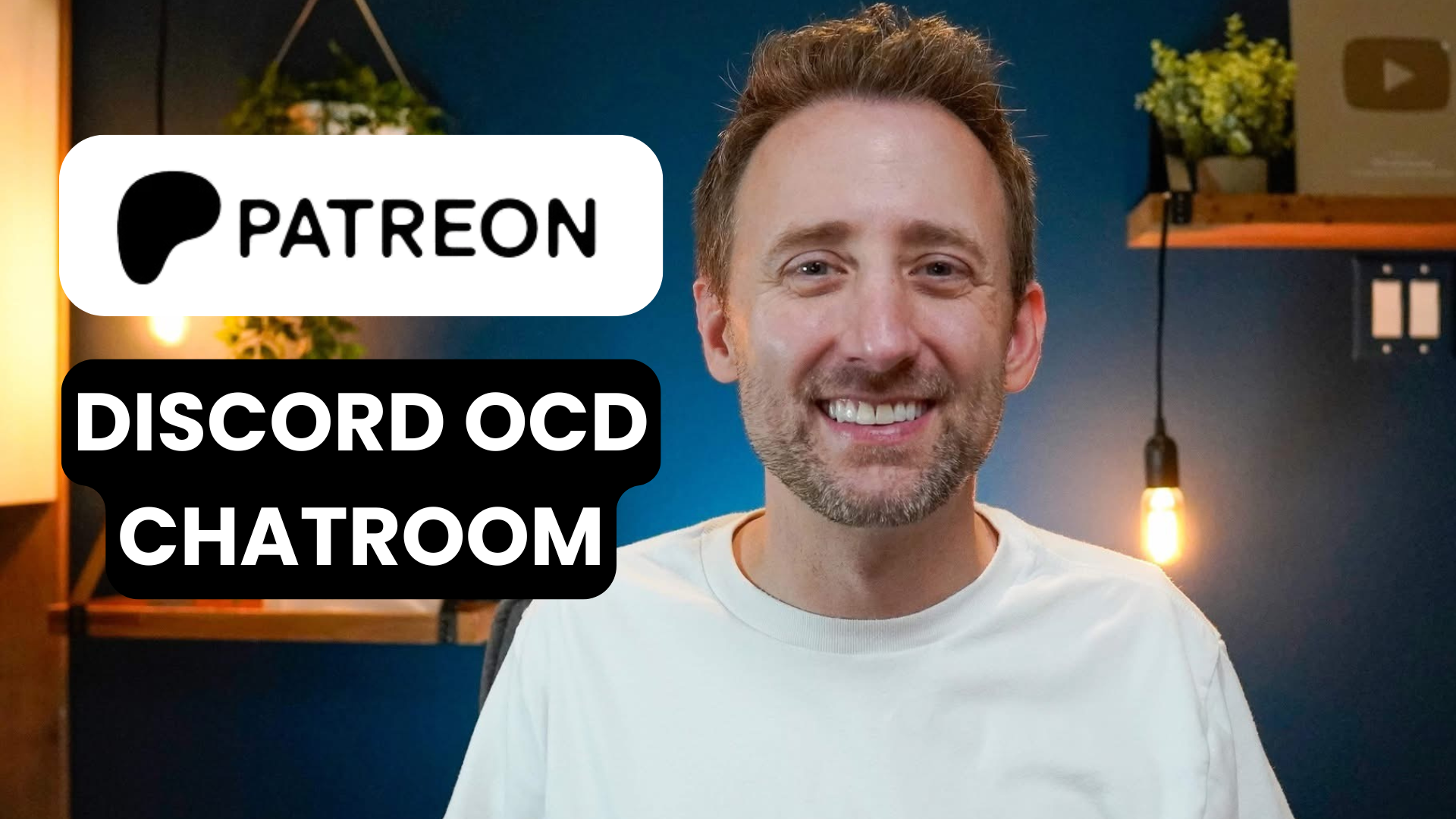Breaking Free from the Past: Managing Real Event OCD
Jan 13, 2025
Real Event OCD, a subtype of obsessive-compulsive disorder (OCD), revolves around an intense preoccupation with real-life events from the past. Unlike typical OCD themes based on hypothetical scenarios, Real Event OCD fixates on genuine events, often amplifying guilt, shame, or fear associated with those occurrences. This blog explores the characteristics of Real Event OCD, its impact on daily life, and effective ways to cope with it.
What is Real Event OCD?
Real Event OCD is characterized by obsessive thoughts and compulsions centered on real incidents that happened in the past. These incidents can range from minor social interactions to significant life events. The individual becomes trapped in a cycle of ruminating over these events, questioning their morality, intentions, or the consequences of their actions.
Common Symptoms of Real Event OCD
Real Event OCD can manifest in various ways, often disrupting a person’s mental peace and daily functioning. Below are some common symptoms:
1. Excessive Rumination
People with Real Event OCD repeatedly analyze past events, looking for signs that they acted wrongly. For example, they may endlessly replay a conversation to determine if they offended someone.
2. Intense Guilt and Shame
Even trivial actions from the past may trigger overwhelming feelings of guilt or shame. These emotions are often disproportionate to the actual event.
3. Seeking Reassurance
Individuals often seek reassurance from others to confirm that their actions were acceptable or that they did not cause harm.
4. Avoidance Behaviors
To prevent similar situations, individuals may avoid certain people, places, or activities associated with the real event, further limiting their quality of life.
How Real Event OCD Impacts Daily Life
Real Event OCD can have profound effects on various aspects of a person’s life:
- Relationships: Constantly seeking reassurance or confessing perceived wrongdoings can strain personal and professional relationships.
- Self-Perception: Those affected may view themselves as inherently flawed or immoral due to their relentless guilt and shame.
- Mental Health: The constant rumination and emotional distress can lead to anxiety, depression, and fatigue.
How to Cope with Real Event OCD
While Real Event OCD can feel overwhelming, there are strategies and treatments available to manage it effectively.
1. Cognitive-Behavioral Therapy (CBT)
CBT, particularly Exposure and Response Prevention (ERP), is one of the most effective treatments for Real Event OCD. ERP involves gradually confronting obsessive thoughts without engaging in compulsive behaviors, helping individuals reduce their anxiety over time.
2. Mindfulness Practices
Mindfulness techniques, such as meditation and deep breathing, can help individuals stay grounded in the present moment rather than ruminating on the past.
3. Challenging Cognitive Distortions
People with Real Event OCD often experience distorted thinking patterns, such as catastrophizing or overgeneralizing. Working with a therapist to identify and challenge these distortions can provide relief.
4. Limiting Reassurance-Seeking
Reducing the habit of seeking reassurance is crucial. While it may provide temporary relief, reassurance often reinforces the obsessive-compulsive cycle.
5. Building a Support System
Sharing experiences with trusted friends or joining support groups for OCD can provide encouragement and reduce feelings of isolation.
Breaking the Stigma
It’s essential to recognize that Real Event OCD is not a reflection of an individual’s character or morality. Rather, it is a mental health condition that can be effectively managed with proper support and treatment. Raising awareness about Real Event OCD can help reduce stigma and encourage more people to seek help.
Final Thoughts
Real Event OCD can be challenging, but it’s important to remember that you are not alone. With the right resources, support, and treatment, individuals can regain control over their lives and break free from the cycle of obsessive thoughts. If you or someone you know is struggling with Real Event OCD, consider reaching out to a mental health professional for guidance and support.



